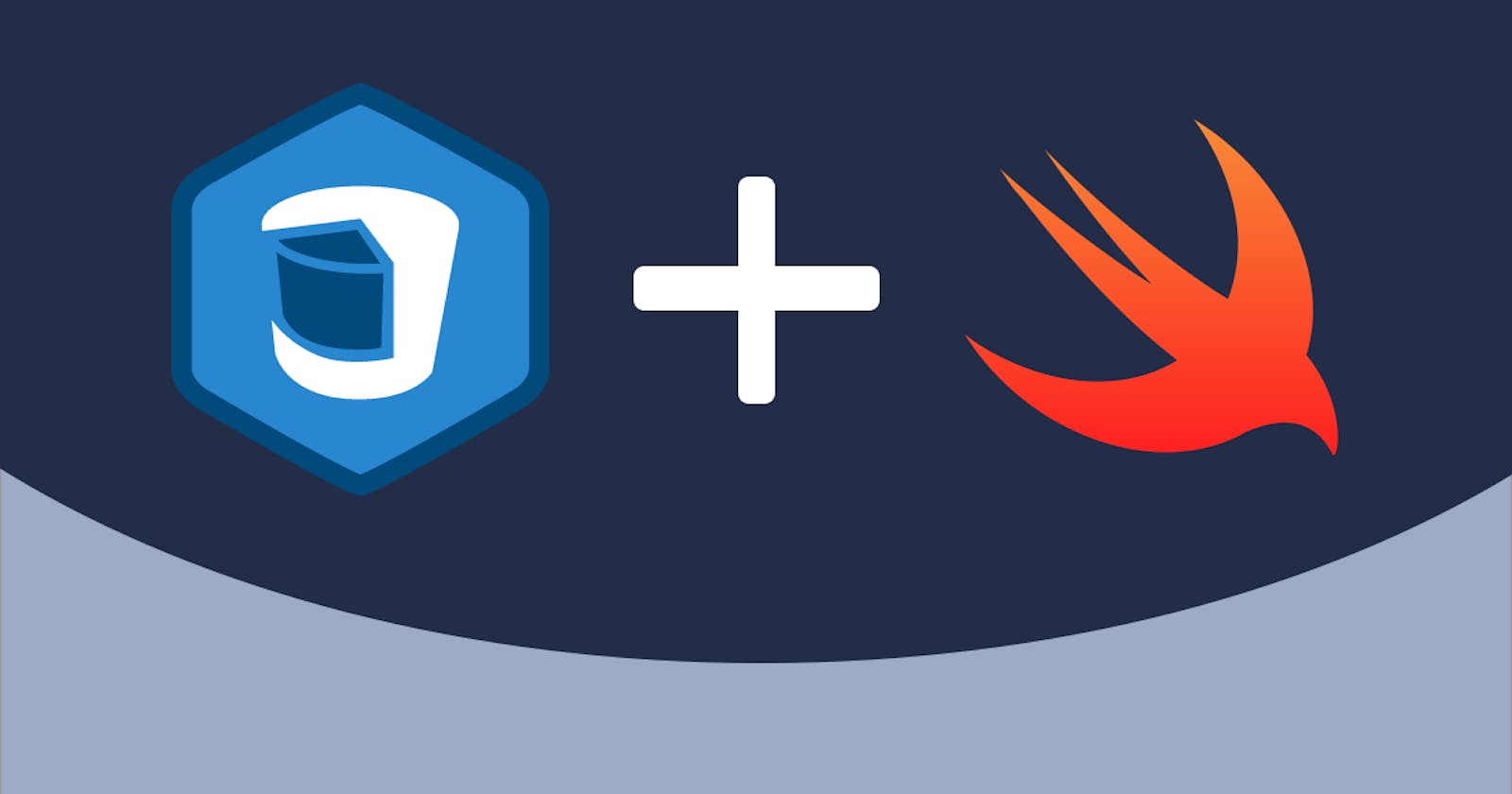As we all know, SwiftData and Core Data are both object-relational mapping (ORM) frameworks that allow us to persist data in our Swift apps. However, there are some key differences between both frameworks.

Key features of SwiftData Include:
Declarative data modelling: SwiftData uses a declarative data modelling approach to store the data, which means that we can define our data model classes in a way that is easy to read, write and understand. Which makes the use of SwiftData so easy with less code. It includes very minimal code changes.
Efficient and optimised data access: SwiftData uses efficient data access methods, such as lazy loading, to ensure that our data is accessed as fast as possible with the best time complexity.
Automatic persistence storage: It also follows the Automatic persistence approach: SwiftData automatically persists our data to the underlying storage. This means that we don’t have to worry about writing any code to save or load our data. It needs very less effort as a development side.
Integration with SwiftUI: SwiftData integrates seamlessly with SwiftUI, so we can use it to persist data in our SwiftUI apps with very minimal effort, and can easily modify the data storage also as per need.
CoreData:
Core Data Mature framework: Core Data is a mature framework that has been developed a few years back, which means that there is a lot of documentation and support available for Core Data Concepts. It supports various versions of iOS OS. It also provides many features with existing code bases like undo/redo, concurrency support, and integration with iCloud.
It has been very well-tested and is most reliable to use for persistent storage.
It could be easily utilised with SwiftUi too.

Key features of Core Data include:
Entity-attribute modelling: We can easily define the data model using entities, attributes, and relationships between entities. These data models really helpful to manage the operations very efficiently with addition, update and delete
Managed Object Context: Core Data manages the object graph, and the managed object context serves as an in-memory scratchpad for working with managed objects.
Persistent Store Coordinator: This component handles the coordination between the data model and the underlying persistent store, which can be an SQLite database, XML, or other formats.
Fetching and querying: Core Data provides powerful querying capabilities to fetch data based on various criteria and filters.
Which One is Best to Use to utilise with the iOS App:
This is always a big challenge to answer which framework is better than the other one.
Here, The best framework for us will depend on our specific needs. If we are looking for a framework that is easy to use and efficient, then SwiftData is a good option. But if we are looking for a framework that offers a wide range of features and is well-tested, then Core Data is a good option. Here are some additional considerations when choosing between SwiftData and Core Data.
The key points which we should always follow while deciding the best way,
As we all know SwiftData and Core Data are essentially the same databases available on an iOS device. The major difference is that SwiftData is a brand new API (available in iOS 17 and beyond) to interface the database and make the code more “Swift like” as it were, whereas the old (current) Core Data API was somewhat difficult to use or get your head around. Most of the time, supporting iOS versions plays an important role to decide which is good to use.
As SwiftData is a newer framework, there is less documentation and support available. Core Data is a more mature framework, so it offers a wider range of features. SwiftData is more efficient than Core Data, but it does not offer as many features. SwiftData integrates seamlessly with SwiftUI, but Core Data does not. Ultimately, the best way to decide which framework to use is to try both of them and see which one we prefer.
In Summary, Here are the most important when deciding between SwiftData and Core Data:
SwiftData is a newer framework, so there is less documentation and support available.
Core Data is a more mature framework, so it offers a wider range of features with much documentation and support available.
SwiftData is more efficient than Core Data, but Core Data has more good features than SwiftData.
SwiftData integrates seamlessly with SwiftUI, but Core Data does not do the same.
We can easily explore both concepts with their GitHub projects eg: SwiftData GitHub project and CoreData GitHub project
